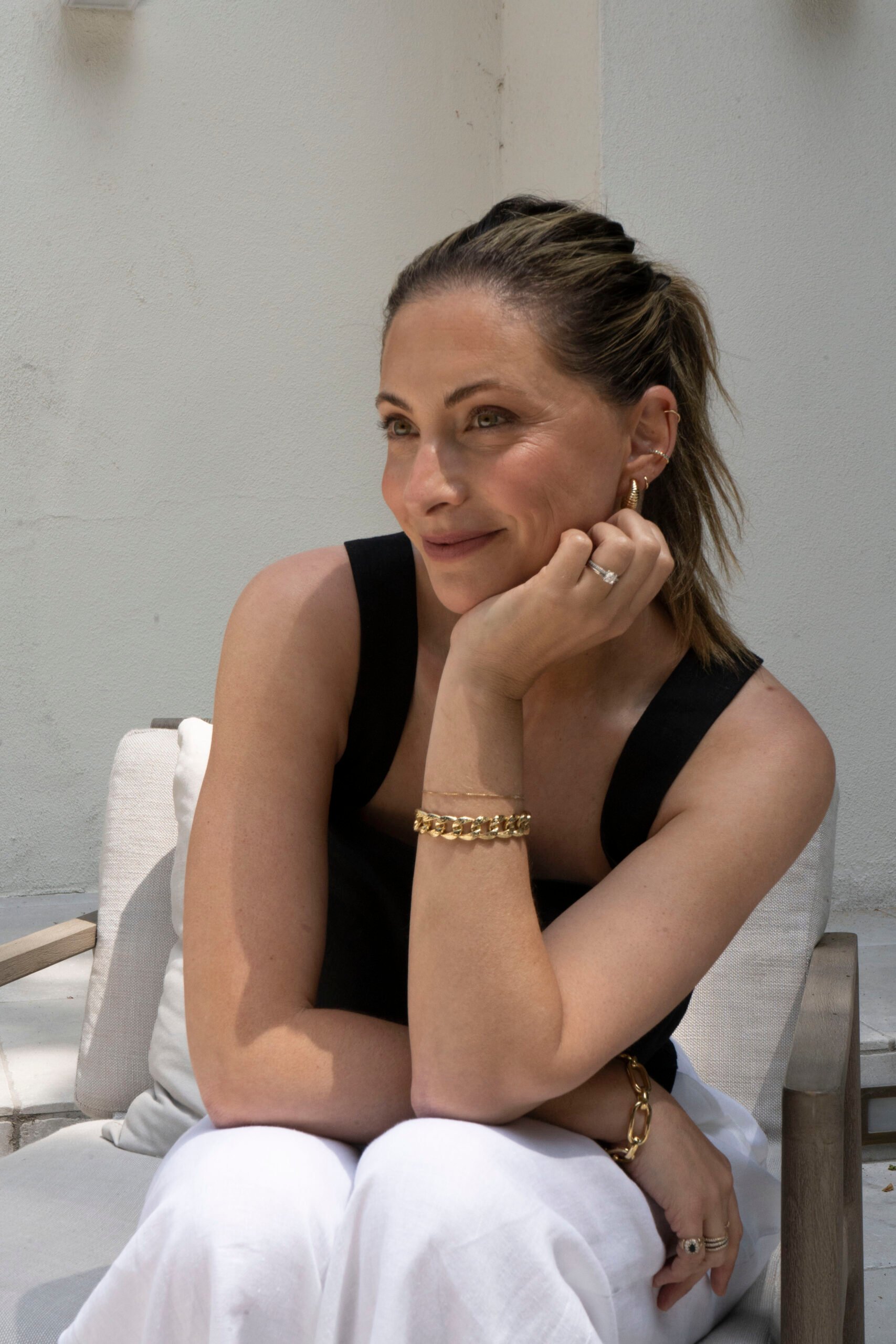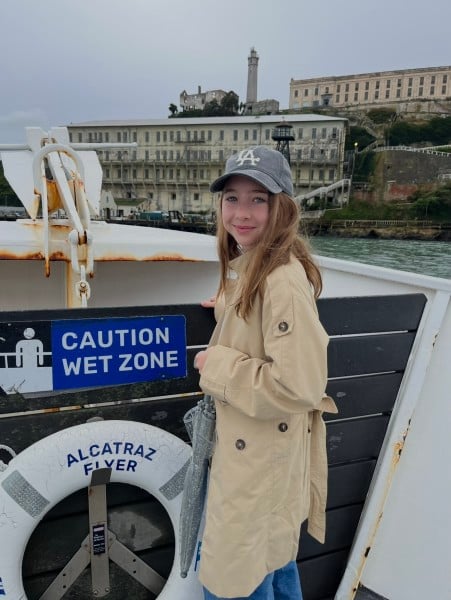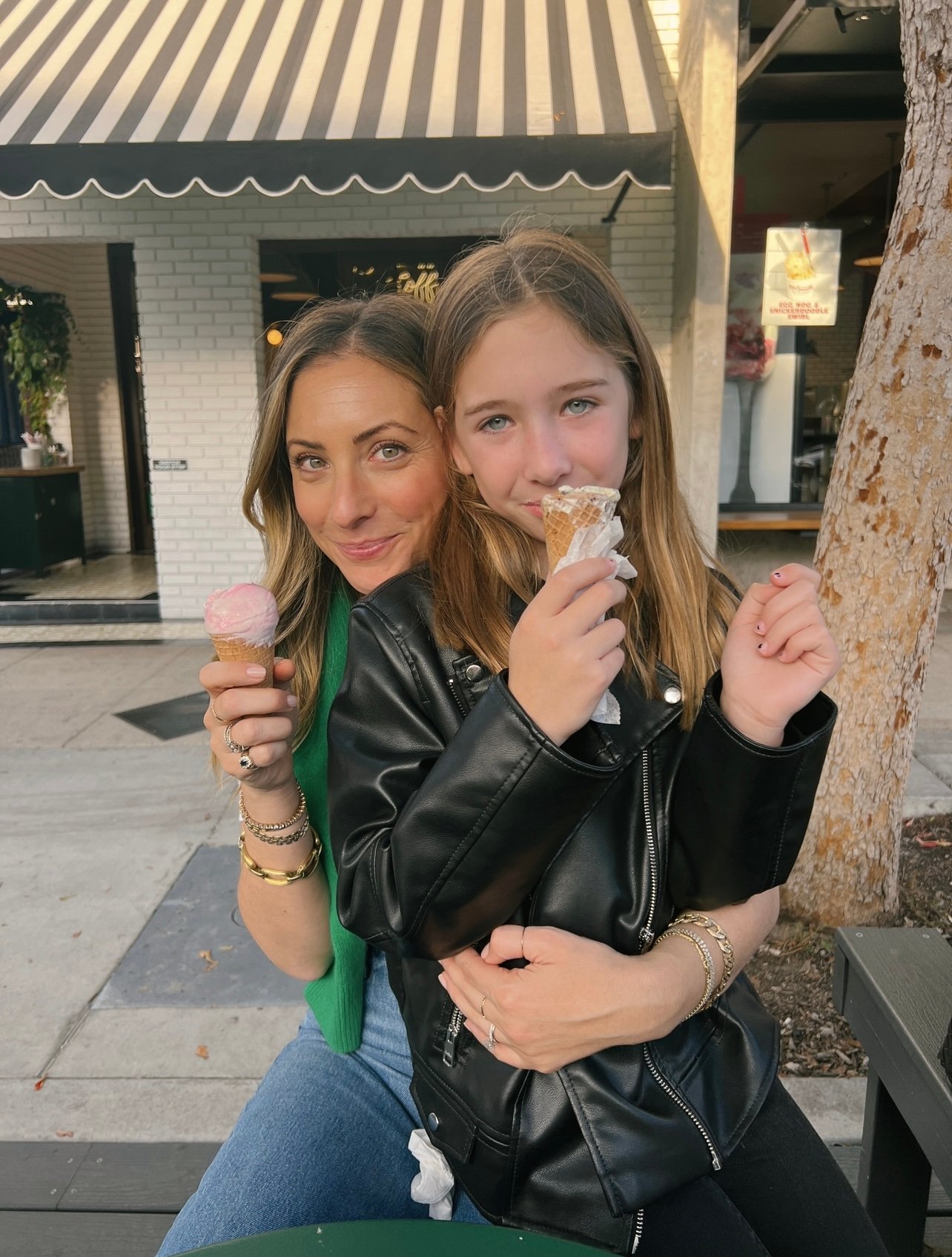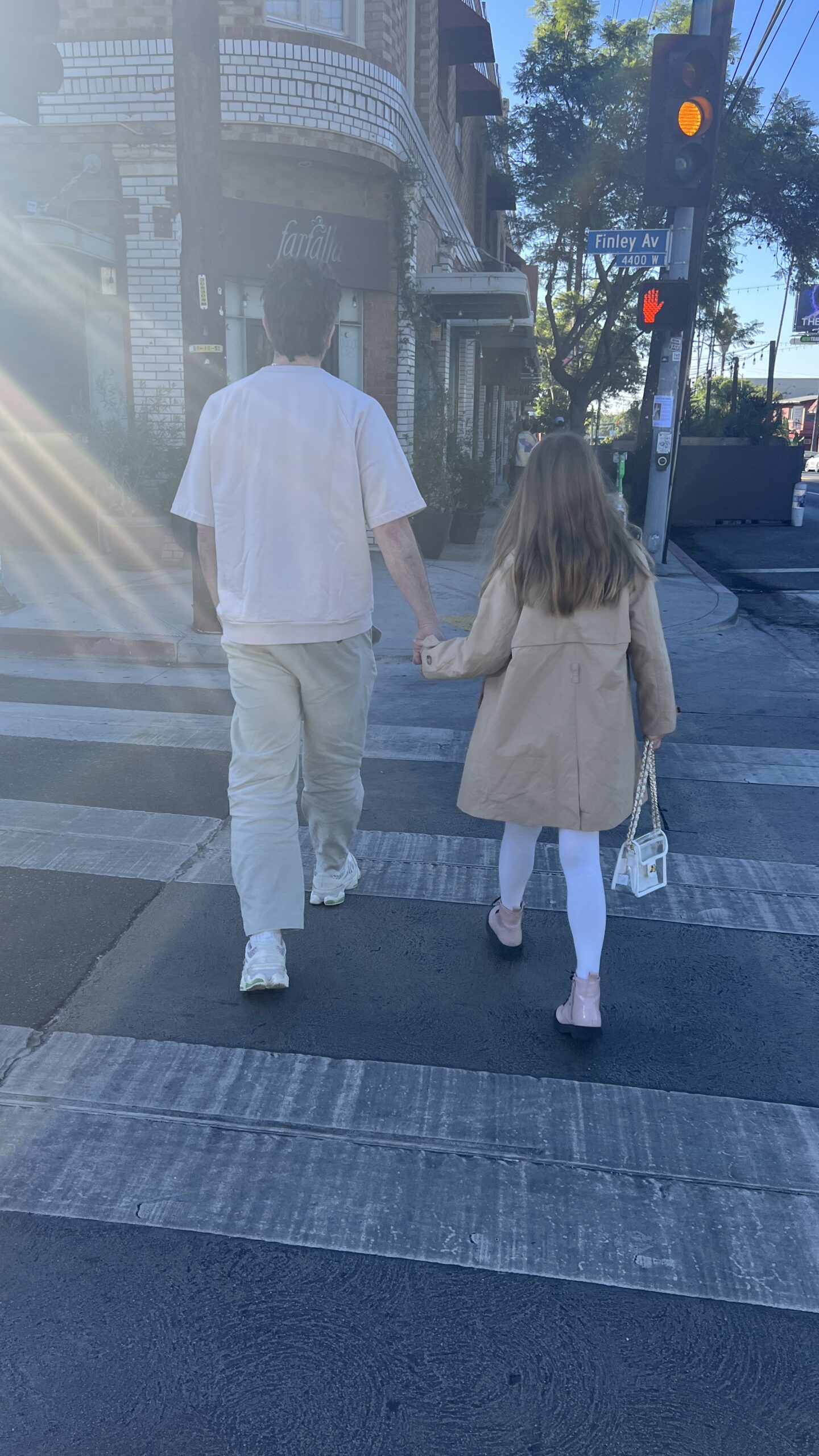
I’ve been romanced by stoic Dukes with improbably tragic pasts, politicians whose passions go way beyond lawmaking, seductive restaurateurs, male escorts with fiercely protective vibes, a prairie settler who played a banjo—the list goes on. These trysts were all-too-brief but wildly satisfying. They sustained me in moments when life was decidedly unromantic.
I wish I could remember the first romance novel I picked up. It may have been a copy of The Thorn Birds. Even my mom, an immigrant who did not have much time for reading, knew about The Thorn Birds.
“That’s a grown-up book,” she said, when she saw me pulling it from the library shelf. “About grown-up love.”
The orange cover, with its gaping red sun, beckoned. I was ten or eleven; I hadn’t kissed a boy or even been close enough to breathe on one. I knew nothing about love, aside from the allure of those sun-kissed freckles on my young crush P.J. Walker’s left arm. Yet I inwardly thrashed against the idea that my mother still thought me a child.

Of course, I secretly checked the book out when she wasn’t looking, bundling it under my age-appropriate copy of Island of the Blue Dolphins. I read it in a flush, awed by the confusing relationship between Father Ralph and Meggie. My mother was right; I should not have been reading it. But after that, I was a goner.
This was decades before YA romance had its surge, with popular titles made into Netflix movies, so pickings were slimmer. I read a ton of Amish romances (they are called “bonnet rippers,” which is a detail so wonderful that I’m annoyed to have only just discovered it), with pastel-colored covers where a half-concealed woman’s face peeks from behind a starched white—you guessed it—bonnet. Then came the historical romances, mostly set in England, and some dusty Westerns thrown in there for good measure. It goes without saying that I read those secretly, too.
The romance novels were almost an addiction, quick hits of neat plot lines and beautiful people and significant looks. I loved that I could read them in one sitting, consumed by a world, and then tidily dropped back on my way afterward, my heart a little lighter and happier, but otherwise unmoved. I didn’t daydream about the heroes themselves so much as the tangled relationships between the protagonists. Tension pulled so tautly that the pages seemed to ripple from all that loaded repartee. I was riveted by the agency those women claimed. Far from being the simpering heroines one might associate with the stereotype of romance novels, most of the female protagonists were feisty and bristling with independence.
My young ideal of love was heavily informed by these novels, often with unfortunate results. I didn’t understand why no one was kissing my hand when I entered a room, or why a swish of my skirt didn’t send nearby males into instant declarations of love. Preteen boys in suburban Florida, it turns out, are not as accommodating as Regency-era earls.
I was fifteen when I had my first boyfriend. Despite my years of literary training, we did not excel at romance. There were no prom-posals or grand declarations from the stadium bleachers. We mostly just rented movies to watch at his house, scarfing down BLTs his mom made for us. We dated for a few years until it all sort of fizzled, and I fell into more relationships that never quite lived up to my book heroes either.
I stopped reading romance novels in college, turning instead toward academia-approved books for my English lit degree, like Foucault, George Eliot, and Chaucer. A lot of dead white people, mostly. I probably scoffed at romance novels, muttering something pseudo-intellectual about how formulaic they were, how they failed to capture the complex agony of the human experience. Once, another English major and I were riding the bus next to each other. I was reading Willa Cather’s A Lost Lady, one of her lesser-known novels.
“What is that?” he asked, disgust barbing his voice. The cover was very pink, very floral. A lot of flourishes in the typography.
“It’s Willa Cather. O Pioneers!?”
“It looks like a romance novel.”
If ever a man sneered.
Romance novels are severely under-appreciated in certain circles, and there’s no use wasting breath arguing for them there. (The vitriol against romance novels is, perhaps, the product of internalized misogyny, but that’s for another essay.) Actually, I’m not here to argue anything about romance novels, except that they gave me immeasurable comfort at times when I may not have been able to articulate what I needed. The formulas, those familiar tropes, were precisely what felt so reassuring: one step in front of another, one page after another. Romance novels are supposed to quicken the heart, rush the blood. They do. They can also be an unexpected balm.

When I met my husband, I wasn’t looking for romance. I wanted to be like all the other 20-somethings in my circle: dating blithely and without attachment. But I fell hard and fast, if reluctantly, and after our first date, we rarely went a day or two without seeing each other. We moved in quickly and got engaged soon after. He followed me to Ohio so I could go to graduate school. We got married and had a baby. And as all relationships do, ours changed. It was gentler and more trusting. The romance-novel tension had softened into something more intimate and knowable.
Life after our baby was dark at first. The sleepless nights were hard for me, and my anxiety—already pitched to an intense level—only got worse. The only thing that got me through was watching endless episodes of “The Office.” I felt like I didn’t read for a solid year after my Wonder Girl was born, aside from many ill-advised, fear-mongering posts about how much your child would suffer if you didn’t hold them all day long. My bookshelf got dusty.
For the first time in awhile, I had no idea what was going on in the world of books. I’d pick up a novel and set it down listlessly after a few pages, the spines sprawled out like an inverted shrug. I struggled so much with my own postpartum depression that the thought of entering another world and managing its intricacies felt like work, rather than leisure. My relationship to books had never been so uncertain and lonely. Same with my relationship to my husband, whose struggles butted against my own.
“Do you think we’ll ever truly relax again?” he asked once, after a particularly long night of colic.
I didn’t answer. Sometimes, new parenthood felt like a weird and desperate echo chamber. My thoughts chased me.
Then, toward the end of that first year, I picked up my e-reader. The house was still, which was a gift, and my mind was finally a little less fraught. My daughter needed me marginally less than she did in months prior, and I could think about dipping into another world. Multiple worlds even. My imagination was mine to command again.
Just as I can’t remember the first romance novel I ever read, I also can’t remember the romance novel that reopened the world of books to me. It was probably a Regency romance (I have a real soft spot for the word “rake,” used in the context of broody nobility). I’m sure there was a ball, a small but significant flouting of social mores, a steamy “Bridgerton”-esque tryst in a dark garden. I can’t remember the book, but I remember how it made me feel: joyful. Light. In control of my world again.

In graduate school, no one admitted to reading romance novels. We were told firmly that our creative writing program was for literary fiction, not genre writing. And they kept us busy enough with reading and teaching and writing that we didn’t have time to dabble much outside the curriculum. Once, I overheard a few colleagues giggling after a few drinks at the bar. They were talking about the romance novels they were secretly writing and hoped to one day publish under pen names. The clandestine quality of a romance novel, it seems, will never quite lose its appeal.
After my reentry into romance novels, I never stopped reading. I stacked my nightstand high with books by Christina Lauren, Sarah J. Maas (fantasy romance), Sally Thorne, Jasmine Guillory, and Helen Hoang. I read and read, filling my head and heart with brightly flawed characters whose stories were always resolved, often at the very last minute through sheer will or an act of fate. My appetite was voracious.
Once, I read a bio from a romance novel agent who started her career as a professor of classics. When her mother was in the hospital, suffering from a terminal illness, this agent sat by her bedside with a stack of her mother’s romance novels. She read every single one of them and, in her reading, learned the true measure of comfort romance novels can give to their readership. How they can soothe and provide safety. That felt exactly right.
It’s oversized, perhaps, to claim that romance novels saved me. They created a gentle space for me to land. The complications of the characters felt so big in the moment, and so very small in the overall context of my life. The plots were digestible, and eminently solvable. I came to think of romance novels as quietly generous friends, the kind that give without taking. To be nurtured in this way, by words and their capable authors, was to be healed. They may not be conventionally serious reading matter, but romance novels are, nevertheless, incredibly important to me, and many who read them.
“I love that you’re reading again,” my husband said. He would never sneer.
“The books missed me,” I said. I missed them, too.
We curled up together in the evenings, each clutching our books, the baby monitor creating a staticky soundtrack for us. Sometimes we read for hours, until our eyelids crashed onto our cheeks from exhaustion, and sometimes we’d only read a chapter or two before turning to those old sirens, our iPhones. But our hands always found each other afterwards, romance rekindled.
P.S. Be sure to check @shopcupcakesandcashmere today, where Thao will be sharing some of her current favorite romance novels!





